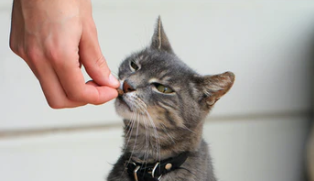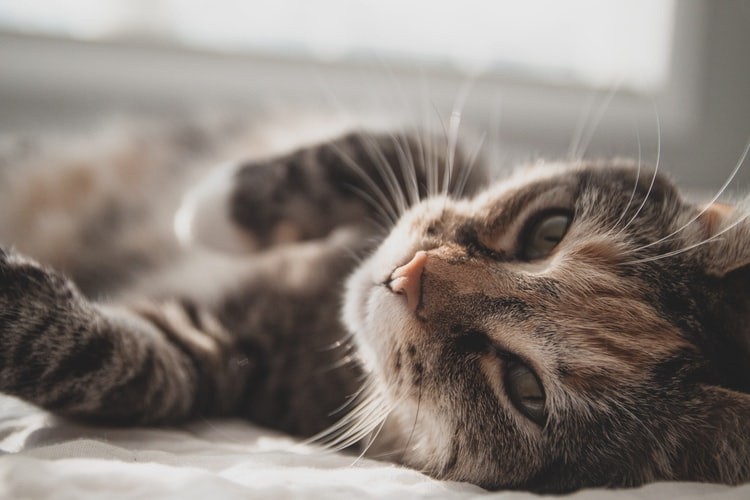According to a recent report, cat owners who wish to deter their cats from hunting wildlife should play with them and feed them more meat.

Typical feline hunting prevention strategies that spark conservation and welfare issues rely on inappropriate tactics to many cat owners, such as locking them indoors or making them wear special collars.
But now, according to a university news release released Thursday, a team of researchers from the University of Exeter, southwestern England, has discovered that play and diet can have a big influence.
The number of prey animals taken home was decreased by 36 percent by feeding a cat quality commercial food in which proteins came from poultry. In comparison, five to 10 minutes of daily play resulted in a reduction of 25 percent, researchers said.
Related Article: Feline Body Language: Why Cats Stretch So Much
Keeping Cats Indoors
Although the only sure-fire way to stop poaching is to keep cats indoors, some owners are concerned about the welfare consequences of limiting the outside access of their cat, "While keeping cats indoors is the only sure-fire way to prevent hunting, some owners are worried about the welfare implications of restricting their cat's outdoor access,"
"Our study shows that - using entirely non-invasive, non-restrictive methods - owners can change what the cats themselves want to do."
Researchers said that owners practiced hunting during the research, encouraging cats to stalk, chase and pounce on a feather toy before handing them a toy mouse for each hunt.
Diet
Meanwhile, scientists do not know precisely why meaty eating has contributed to less hunting, but they do have a hypothesis.
Some cat foods contain protein from plant sources such as soy. These foods likely leave some cats lacking in one or two micronutrients despite forming a 'full diet' - causing them to chase,' said Martina Cecchetti, an Exeter doctoral student. She performed the tests in the news release.
Cats are known, "unusual nutritional requirements" for their unusual nutritional requirements. "They are unusually needy for some particular nutrients, some amino acids and so on, that are best provided in meat."
In southwestern England, the study included 355 cats from 219 households and lasted for 12 weeks.
The efficacy of colorful bird-friendly collar covers in minimizing hunting was also studied by researchers, recording a 42 percent decline in the number of birds trapped and taken home. The covers were discovered to have little effect on the number of hunted mammals.
Cat bells have had "no discernible overall effect," the researchers said. However, the influence on individual cats has differed dramatically, indicating that some cats may learn to hunt well even while wearing a bell.
Behavior
We assume that the two factors work in the cat's actions on slightly different pathways, if you like, "We suspect that the two things are working on slightly different pathways, if you like, in the cat's behavior,"

Another potential area of research is expanding the number of play sessions or incorporating a new playstyle; he said.
ALSO READ: The Truth Behind the Cat Islands of Japan Where Felines Actually Rule
For more cat related news, don't forget to follow Nature World News!
© 2026 NatureWorldNews.com All rights reserved. Do not reproduce without permission.





